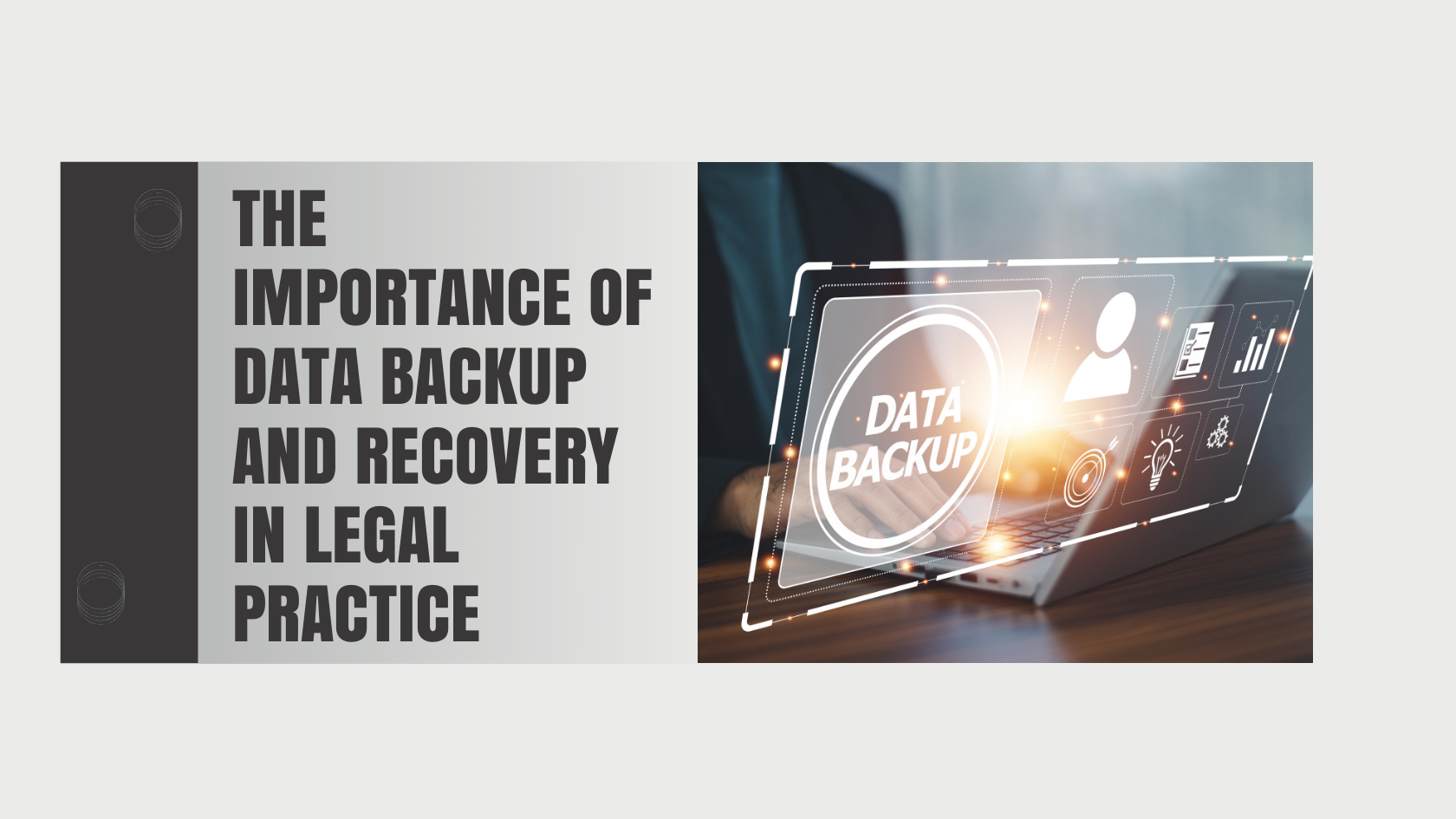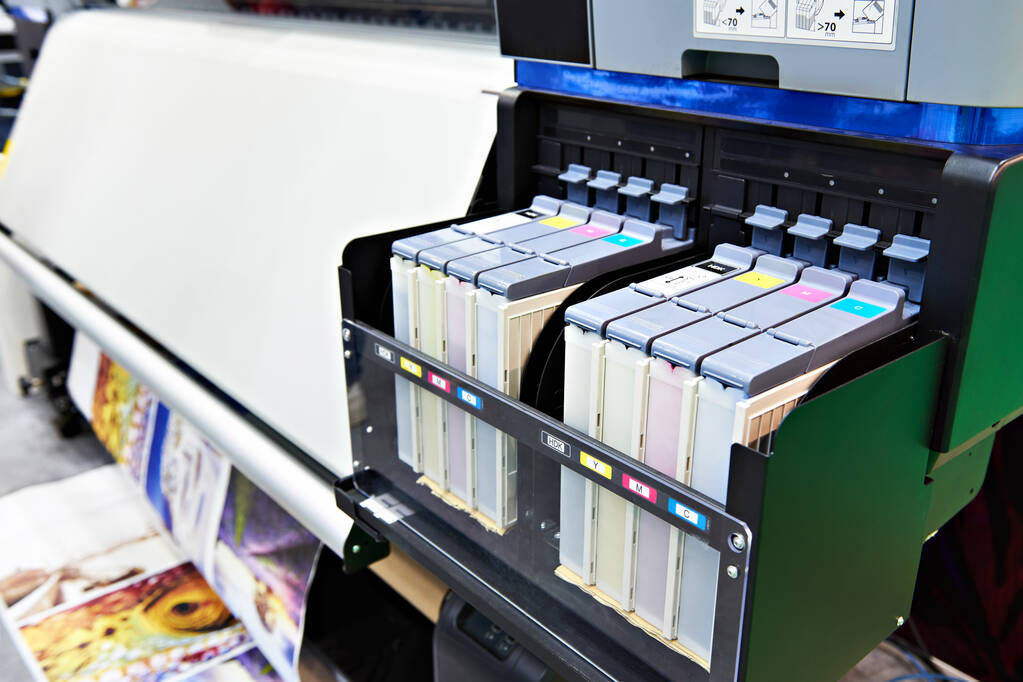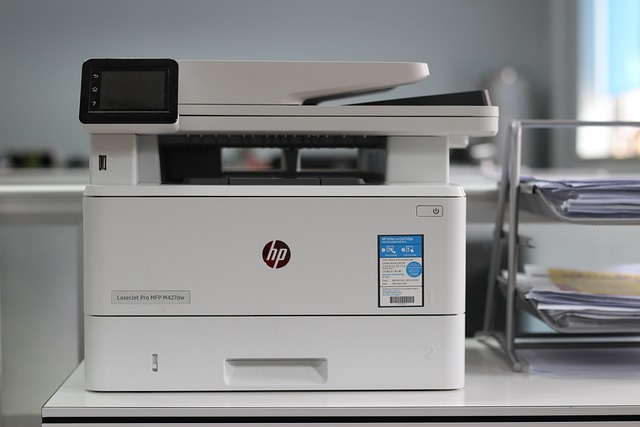Are you a small business owner who thinks accounting is complicated and time-consuming?
Well, fear not! We have compiled a list of 10 essential accounting tips that will simplify your financial management and help you stay on top of your business finances.
From separating personal and business expenses to automating invoicing, these tips will save you time, money, and headaches.
So, if you want to make your accounting process smoother and more efficient, keep reading to discover these invaluable tips that every small business owner should know.
Separate Personal and Business Expenses
To ensure accurate financial reporting and tax compliance, it’s crucial for small business owners to establish and maintain a clear separation between personal and business expenses.
This can be achieved by following a few key steps. First, it’s important to establish a separate business bank account to keep personal and business finances distinct. By doing so, you can easily track and manage your business expenses without the risk of mingling them with personal funds.
Avoid using personal credit cards for business expenses as well, as this can cause confusion and make it difficult to distinguish between personal and business transactions. Instead, obtain a business credit card specifically for business-related transactions.
When opening dedicated business accounts, use either your Social Security number or an employer identification number. This helps to further establish the separation between personal and business funds.
Use Bookkeeping Software
Consider implementing bookkeeping services to streamline and automate your small business’s financial management processes. Selecting the right accounting software is crucial for efficient bookkeeping. Look for cloud-based accounting software that offers easy access and growth potential. This will allow you to manage your finances from anywhere and scale your business without limitations.
Make sure the software you choose can handle key functions such as invoicing, expense tracking, and financial reporting. These features are essential for accurate record keeping and analysis. Additionally, take advantage of the software’s automation capabilities to save time on manual tasks. Look for features that can automatically categorize transactions, reconcile accounts, and generate reports.
By leveraging these automation tools, you can focus on other aspects of your business, knowing that your financial data is being accurately recorded and organized. Properly tracking income and expenses through the software is vital for maintaining financial transparency and making informed decisions.
With bookkeeping software, you have the freedom to access your financial information at any time and easily generate reports to analyze your business’s performance. Embrace the convenience and efficiency that bookkeeping software offers to take your small business to new heights.
Create a Budget
After implementing bookkeeping software to streamline your small business’s financial management processes, the next crucial step is to create a budget to ensure the success and growth of your business.
A budget allows you to project your revenue and expenses, providing you with a clear picture of your financial situation. By regularly comparing your budget to actual expenses and revenue, you can stay on track and make necessary adjustments to achieve your financial goals. Analyzing your operations for cost efficiency within the budget is crucial to identify opportunities for expansion and maximize your profitability.
Creating a budget also allows you to continuously refine and adjust your financial strategies. As your business evolves, your budget needs to adapt accordingly. By refining your budget, you can improve your financial results and make informed decisions about resource allocation. This flexibility gives you the freedom to pursue new opportunities and respond to changing market conditions.
Establishing a budget is a fundamental aspect of small business management. It empowers you to take control of your finances and make informed decisions. By setting financial targets and monitoring your progress, you can ensure the long-term success and growth of your business.
Keep Detailed Records
Keeping detailed records is essential for effective financial management and the long-term success of your small business. By maintaining organized and accurate records, you can track your income and expenses more effectively, allowing you to make informed decisions about your business’s financial health.
Here are three reasons why keeping detailed records is crucial:
- Accurate tax filing: Documenting tax-deductible expenses ensures that you can claim all the deductions you’re entitled to, minimizing your tax liability. With detailed records, you can easily provide the necessary documentation to support your tax filings and avoid any potential audits or penalties.
- Business success: Organized record-keeping is vital for the overall success of your business. By tracking your financial transactions, you can identify trends, analyze your cash flow, and make informed decisions about budgeting and resource allocation. This level of insight allows you to optimize your operations and drive profitability.
- Simplify record-keeping: Utilizing accounting software can streamline the process of keeping detailed records. With the help of these tools, you can easily track and categorize your receipts, invoices, and other financial documents. This not only saves time but also ensures accuracy and consistency in your record-keeping practices.
Understand Sales Tax Laws
Understanding sales tax laws is an essential aspect of effective financial management for small businesses, building upon the foundation of keeping detailed records.
Sales tax laws can vary from state to state, and it’s crucial to understand and comply with these laws to avoid penalties and legal issues.
As a small business owner, you need to be aware that a physical presence in a state may require you to collect sales tax. However, even if you operate solely online, you may still have sales tax obligations depending on the state.
To ensure compliance, it’s advisable to consult with an accountant or tax attorney who can provide you with the necessary guidance and clarity on sales tax regulations. Additionally, services like Shopify Tax can assist you in understanding and implementing the correct sales tax collection processes.
It’s also important to stay updated on evolving sales tax laws and regulations as they can change over time.
Manage Cash Flow
To effectively manage your small business’s finances, it’s crucial to regularly monitor and assess your cash flow for liquidity and financial health. Cash flow is the lifeblood of your business, and understanding its ins and outs is essential for making informed financial decisions.
Here are some tips to help you manage your cash flow effectively:
- Identify and address cash flow issues promptly: Regularly reviewing your cash flow statements can help you spot any potential issues before they become major problems. If you notice a decline in cash flow, take immediate action to address the underlying causes.
- Implement strategies to improve cash flow: Offering discounts for early payments or using cash flow forecasting tools can help you improve your cash flow. These strategies can help you anticipate any potential cash shortfalls and take proactive steps to prevent them.
- Anticipate future cash needs: By analyzing your past cash flow patterns, you can better anticipate your future cash needs. This will enable you to plan ahead and avoid potential cash flow problems.
Managing your cash flow effectively is crucial for the financial health and sustainability of your small business. By regularly monitoring and assessing your cash flow, addressing issues promptly, and implementing strategies to improve cash flow, you can ensure that your business remains financially stable and free from cash flow struggles.
Stay Organized and Clean up Books
Now that you have effectively managed your cash flow, it’s imperative to stay organized and clean up your books to ensure accurate financial records and smooth operations for your small business.
One of the first steps you should take is to create a dedicated business bank account. This will help separate your business and personal expenses, making it easier to track and manage your finances.
Additionally, using accounting software can automate bookkeeping processes and keep your records organized. This software can assist with tasks such as tracking income and expenses, generating financial reports, and reconciling bank accounts.
To further streamline your bookkeeping, consider digitizing your receipts and invoices. This won’t only make them easier to track, but it will also reduce clutter and the risk of losing important documents.
Regularly reconciling your bank accounts and financial accounts is crucial to maintaining accurate books. This involves comparing your records with those of your financial institution to ensure they match.
Lastly, it’s highly recommended to consult with an accountant or financial advisor for professional guidance on staying organized and cleaning up your books. They can provide valuable insights tailored to your specific business needs and help you avoid costly mistakes.
Choose an Accounting Method
Have you considered the advantages and disadvantages of different accounting methods for your small business? Choosing the right accounting method is crucial for accurate financial reporting and ensuring compliance with accounting standards.
Here are three factors to consider when making your decision:
- Size and Nature of Your Business: Consider the size and nature of your business when selecting an accounting method. Cash accounting is suitable for small businesses with simple transactions, while accrual accounting is more appropriate for larger businesses with complex financial operations.
- Consistent Reporting: Select an accounting method that aligns with consistent reporting for your business. Accrual accounting provides a more accurate picture of your business’s financial health over time, as it records revenue and expenses when they’re earned or incurred, rather than when cash is received or paid.
- Double-Entry Bookkeeping: Accrual accounting requires double-entry bookkeeping, where every transaction is recorded twice, once as a debit and once as a credit. This ensures accurate financial reporting and helps prevent errors or omissions in your books.
Automate Invoicing
Automating the invoicing process can streamline operations and enhance efficiency for small businesses. By utilizing accounting software, you can automate invoicing processes and reduce the likelihood of outstanding invoices. This not only saves you time but also minimizes errors in the billing process.
Invoicing software can be used to send and track customer invoices efficiently, allowing you to maintain better control over your cash flow. Additionally, setting up recurring invoices can automate billing for regular customers, ensuring that you never miss a payment. Integrating payment gateways with invoicing systems can further enhance efficiency by enabling seamless transactions.
With automated invoicing, you can eliminate the need for manual data entry and reduce the risk of late payments or missed invoices. This level of automation not only improves your productivity but also allows you to focus on other important aspects of your business, such as customer service and growth strategies.
Plan Ahead for Taxes and Deadlines
To ensure accurate and timely tax filing, it’s crucial for small businesses to plan ahead for taxes and deadlines. By taking the time to prepare and organize your tax documents well in advance, you can avoid unnecessary stress and potential penalties.
Here are some essential tips to help you plan ahead for taxes and deadlines:
- Keep track of tax deadlines: Stay informed about important tax deadlines and mark them in your calendar. Set reminders or use countdowns to ensure you don’t miss any crucial filing dates.
- Consult with an accountant: Seek professional guidance from an accountant who specializes in small business taxes. They can help you with tax planning and compliance, ensuring that you meet all your obligations and file accurately.
- Understand deductible expenses: Familiarize yourself with the deductible expenses applicable to your business. By keeping track of these expenses throughout the year, you can maximize your tax benefits and potentially reduce your tax liability.
Conclusion
In conclusion, implementing these 10 essential accounting tips will greatly benefit your small business.
By separating personal and business expenses, using bookkeeping software, and keeping detailed records, you’ll have a strong financial foundation.
Understanding sales tax laws, staying organized, and choosing an accounting method will ensure accuracy and compliance.
Automating invoicing and planning ahead for taxes and deadlines will save you time and prevent costly mistakes.
Remember, good accounting practices are the key to success in managing your business finances.













































































0